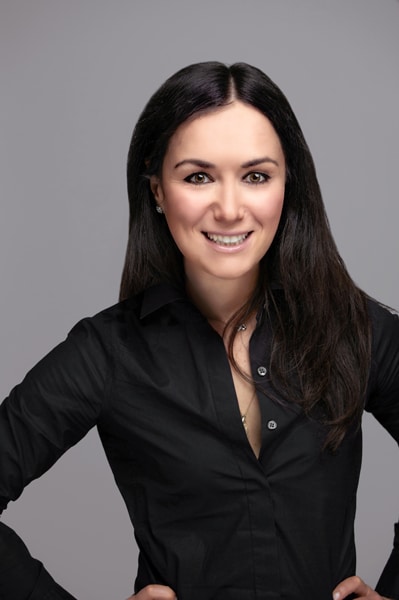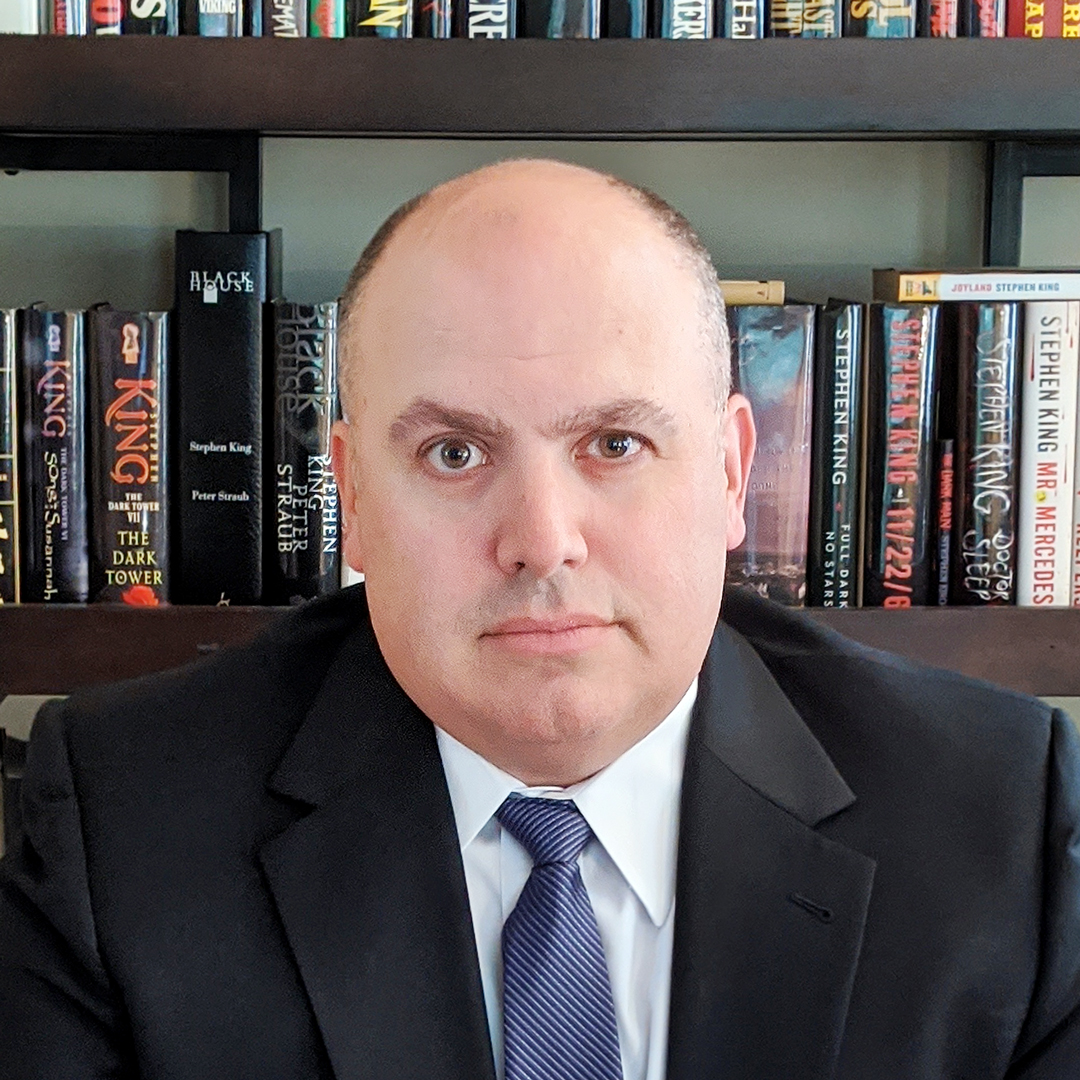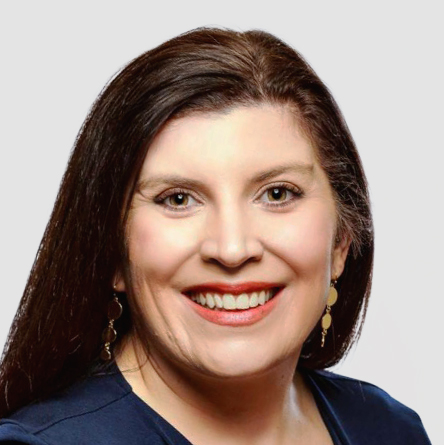There are several topics that are personally important to Irina Ridley. Fortunately enough, the chief counsel at Myriad Genetics has been able to professionally focus on two specifically throughout her career: providing strategic advice and legal counsel to companies focused on innovative solutions within the healthcare industry and female empowerment in an otherwise historically male-dominated legal space.

Throughout her legal career, Ridley has always been in some sort of healthcare vertical. “It is important to me to be in a field of work that focuses on giving back and tackling some of humanity’s biggest challenges. Healthcare has been an excellent space to do just that,” she explains.
“Growing up, my parents wanted me to be a doctor, and I always wanted to be a lawyer, so I figured that this was a good way to bridge the gap,” Ridley says, laughing. She started focusing on the intersection of law and health when she went to work for the speaker of the New York State Assembly during her undergraduate studies at Rensselaer Polytechnic Institute (RPI) and continued all throughout law school and business school.
A consistent theme for her early on was that she “looked for any opportunity to get [her] foot in the door.” She recalls of a later semester abroad in the Czech Republic, “I worked for a nonprofit, drafting the healthcare reform bill, which went up to the tribunal. While, as you would expect, that bill did not get far beyond that, personally, it reaffirmed my interest in and commitment to this field. Turns out that in every country, every sector of the industry is ripe for change, and I really wanted to play a role.” From then on, Ridley focused on opportunities that blend her personal connections to healthcare with work that truly does give back.
“While I am not a scientist or a healthcare provider, I do find the ties between what I do and ultimately the patients that benefit. To me, interesting alone is not enough; it has to have purpose. So taking a step back and seeing a patient that has benefitted from one of our products in a way that improves their quality of life or changes their prognosis makes me feel that in some small way, I am making a difference in people’s lives,” Ridley explains.
Specifically, Ridley enjoys the tech-forward aspects of healthcare. “While we are all struggling to manage through the global pandemic,” Ridley says of COVID-19, “the one potential upside is the leaps and bounds that innovative healthcare delivery solutions have been able to make. You see it everywhere—from the types of investments being made through venture and private equity, changes in some regulations, and even the reassessment of historically ‘less-reimbursed’ offerings. As a result, the renewed focus on access, efficiency, and efficacy has certainly been a silver lining.”
“[Women] have to be champions for one another, and for me, it has been so important to give back and be that champion for women looking to break through.”
One example was telehealth. Ridley believes that the companies that will come out on top are those that are able to quickly pivot their focus and deliver more virtual touchpoints. “While it has been a consideration for quite a while, I think that the recent changes in the industry represent a compelling shift toward adoption. It’s a different approach, but a necessary one,” Ridley asserts. This evolution towards telemedicine will, as Ridley puts it, “expand what we are able to do for patients remotely and ideally create the correct incentives to bring about a lasting change, long after COVID-19 is behind us.”
This development comes with some challenges—the most obvious being, how to offer this option to those with limited technological resources or access. “The people that need the health services the most are typically the people that will be hardest to get to, and you have to figure out a way to both engage them and provide them with the education to stay healthy and to prevent easily treatable conditions,” Ridley explains.
Discovering this solution and ensuring that patients have equal exposure and access to healthcare is a huge motivator for Ridley. “Again, this is something that has driven me in the choices that I make relative to the company that I work for and the initiatives that I support beyond where I work,” she says.
Of these extracurricular initiatives mentioned, mentorship to junior women in law ranks pretty highly on Ridley’s agenda. Particularly, she has been very focused on helping young women understand what the practice of law entails, working with them to figure out how to structure their career, and seeing them through challenges that they may face along the way.
As a board member at Albany Law School, a former board member of Women in Security and Privacy (which aims to help women achieve the level of education and skills necessary to pursue a career in privacy), and a continued advocate for women through all of her professional engagements, Ridley carries the mission of empowering others through mentorship, networking, and skill sharing based on her own journey.
“As much progress as we have made as women and leaders, being a female lawyer, my own experience has been interesting and challenging,” she continues. “I want to use my experience to foster an environment of equality, enabling other women to get exactly what they want. We have to be champions for one another, and for me, it has been so important to give back and be that champion for women looking to break through.”


